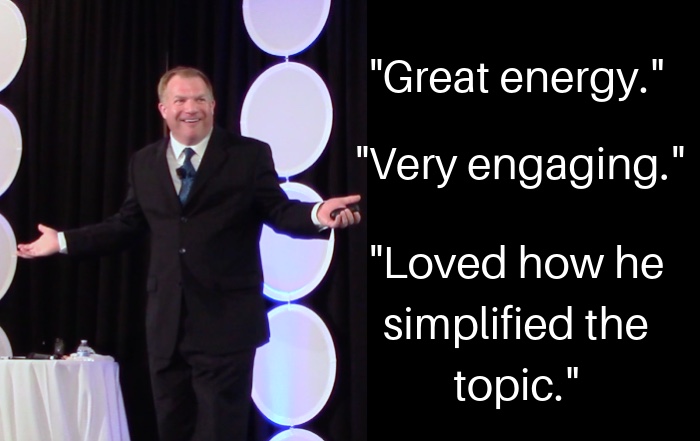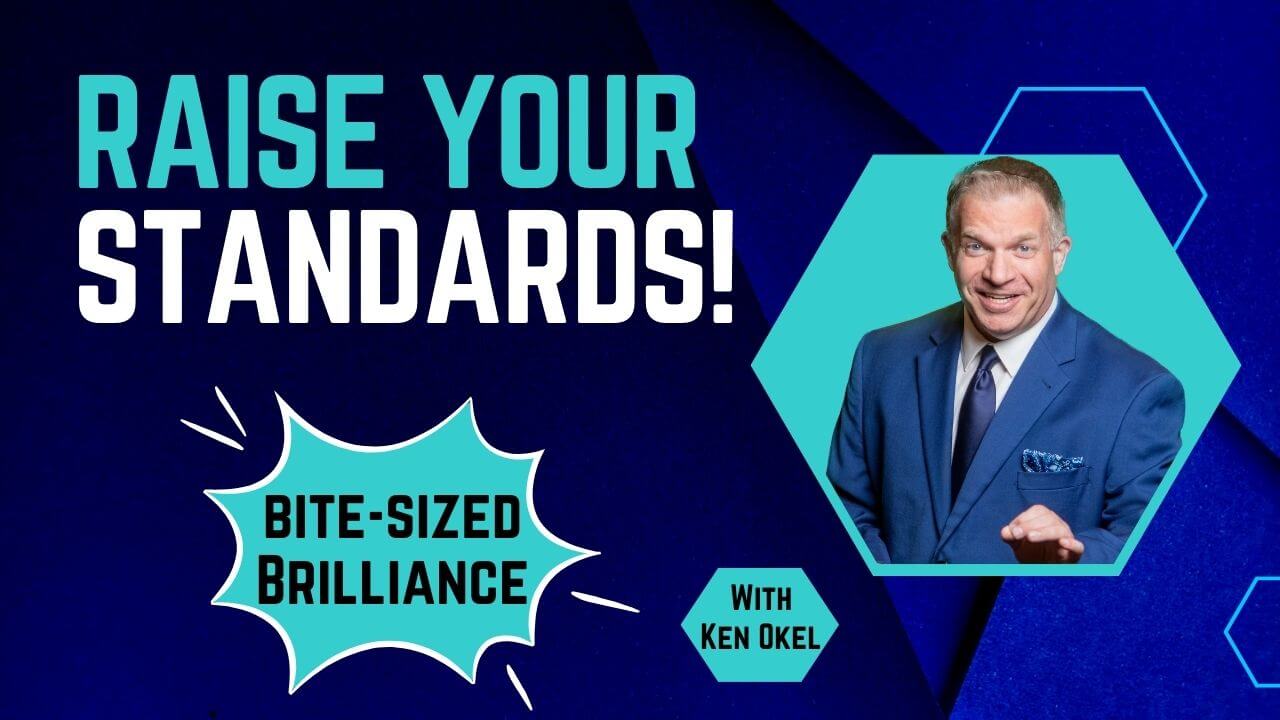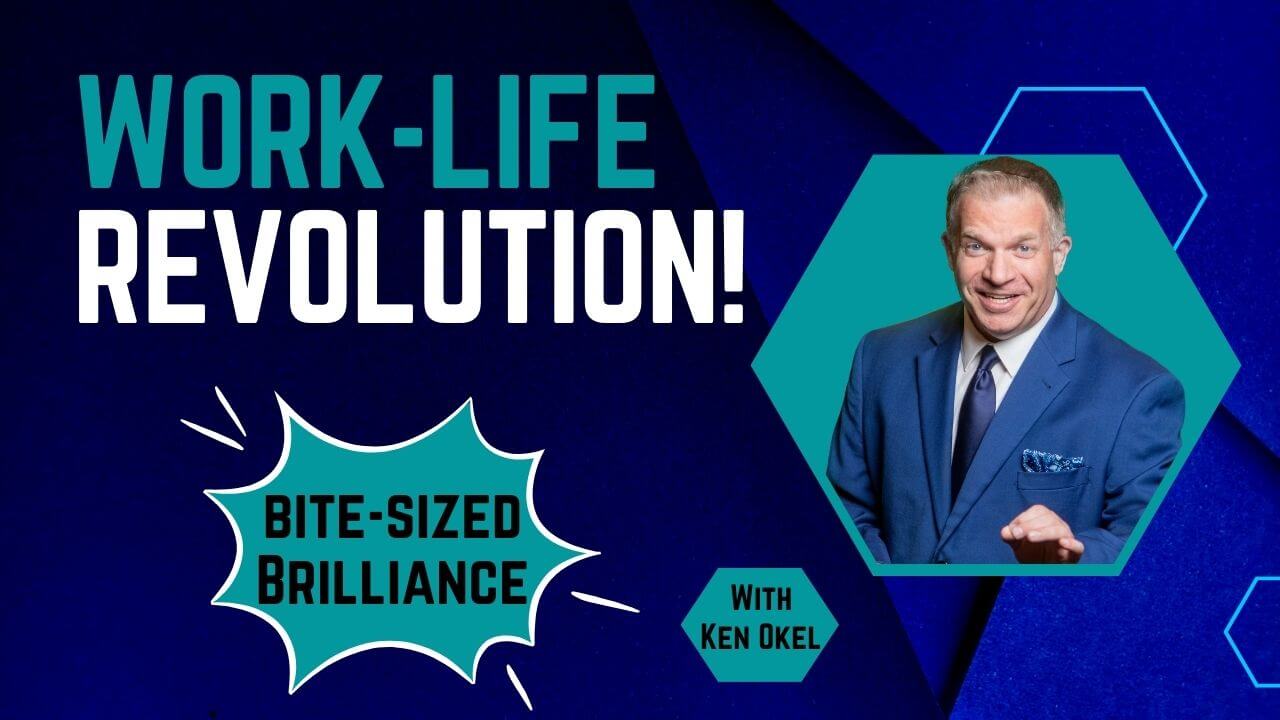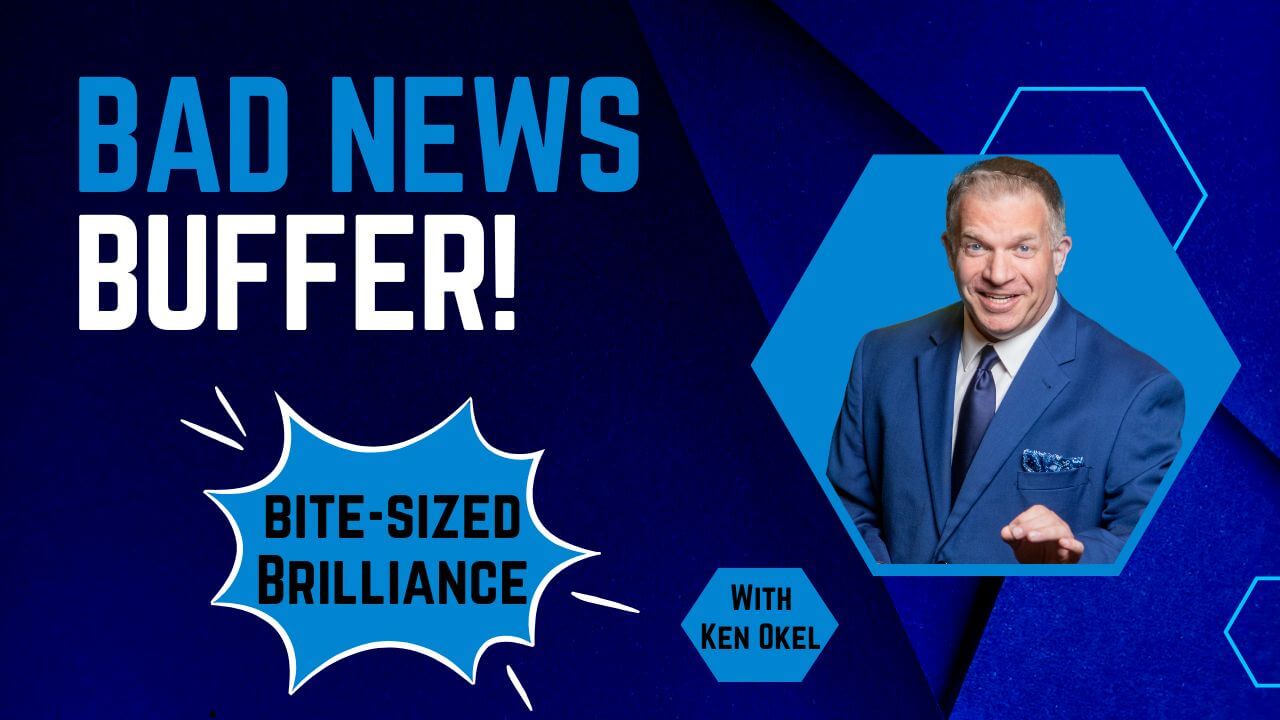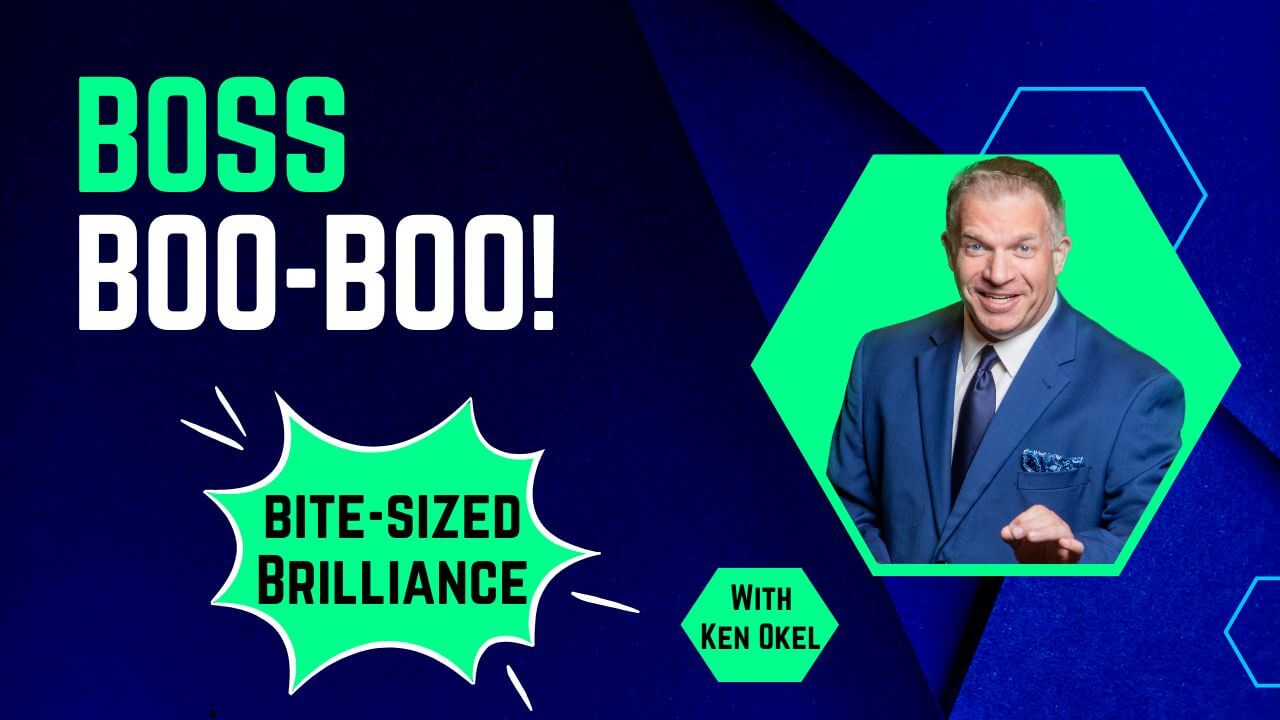 It’s not easy to achieve your goals at work. Thinking them up is the fun part. Then unexpected tasks and responsibilities stall your momentum toward them.
It’s not easy to achieve your goals at work. Thinking them up is the fun part. Then unexpected tasks and responsibilities stall your momentum toward them.
In this week’s video, in our ongoing series, you’ll learn a simple process that allows you to make consistent progress toward your goals.
What Productivity Questions Does This Video Answer?
- How to achieve your goals?
- What’s a good time management tip?
- How can I stick to my goals?
Video Transcript for How to Achieve Your Goals
Want to achieve your goals? Try this simple tip. You’ve got big goals but you can never find time to get around to work on them. It’s a common problem. There’s lots of interruptions in today’s busy world.
What I want you to do is to start thinking about is scheduling time for your goals. I’m not talking about blocking out a week or a day. Instead, can you manage once a week, 30 minutes. Schedule a time when you will work on those big picture goals.
You’re not going to let yourself to be distracted by other things. If you have to move the time, you will but but you will always put in those 30 minutes.
The idea is it’s easier to go after a big project if you break it into small bite sized chunks. That way you’ll be making weekly progress and you won’t feel guilty about not achieving your goals.
Try this. I found it can really help achieve those goals.
Also, it shows people that you’re making progress on them. This can be especially good when it comes to a boss or supervisor. Give it a try.
About Ken Okel
As a motivational speaker, Ken Okel works with leaders and organizations to boost productivity, performance, and profits. At conferences, conventions, and company meetings, he engages audiences with new ways to maximize their time at work. To see a sample of his keynote and workshop presentations, visit his video page.
About This Video Series
Ken Okel’s ongoing Employee Productivity video series will make you more effective on the job. Every week, you’ll learn a new, easy to understand tip that you can use right away.
Got a productivity problem? Let us know and we’ll feature it in an upcoming episode.

